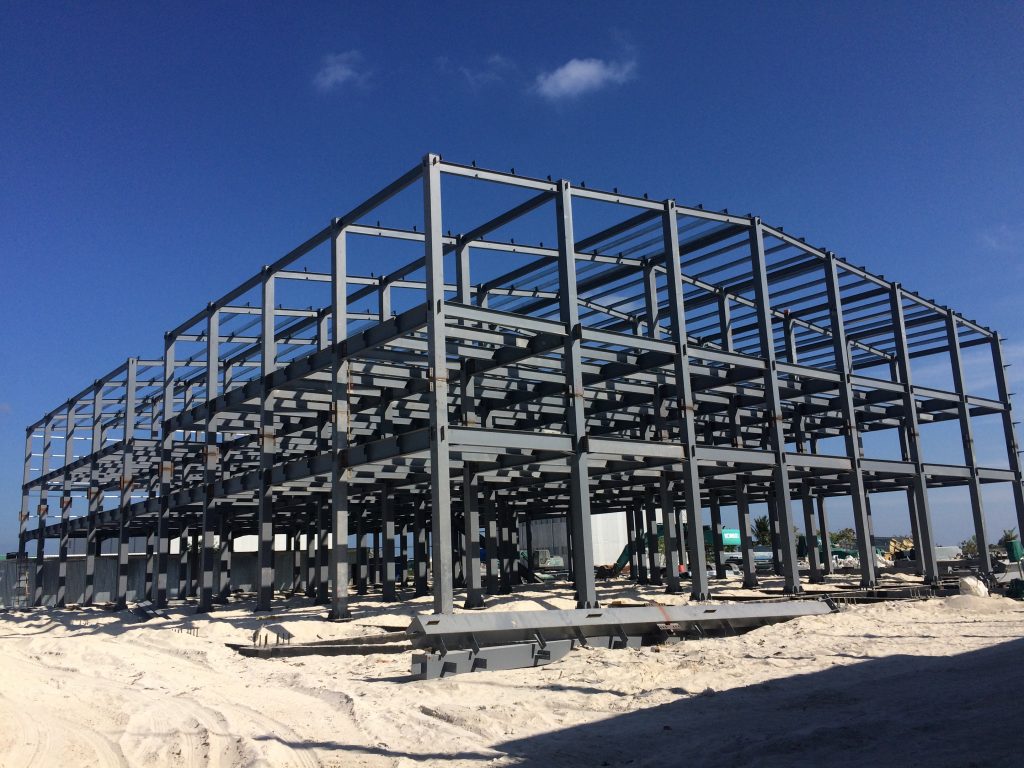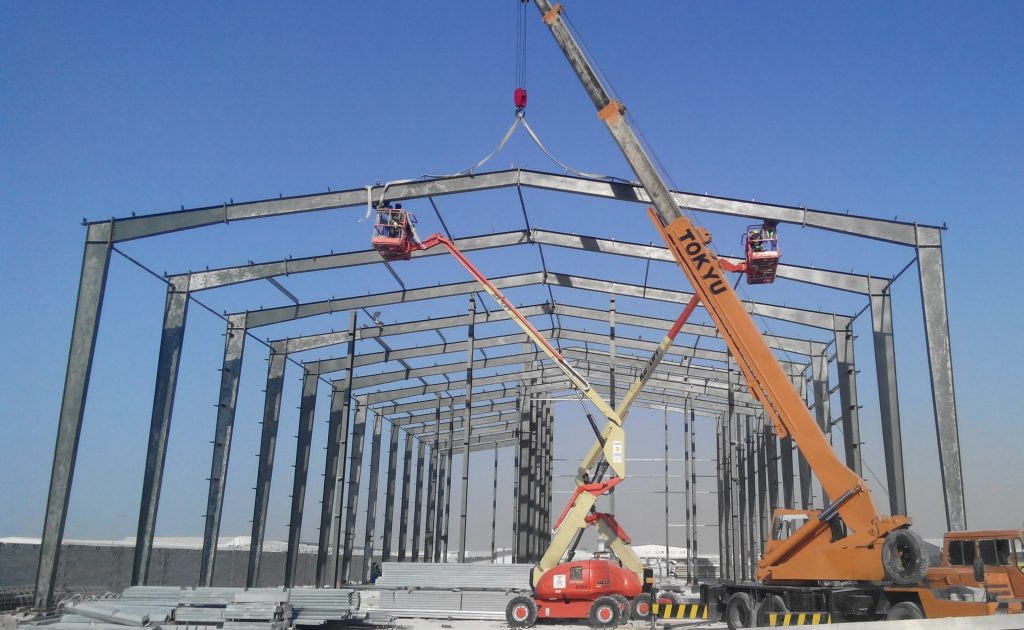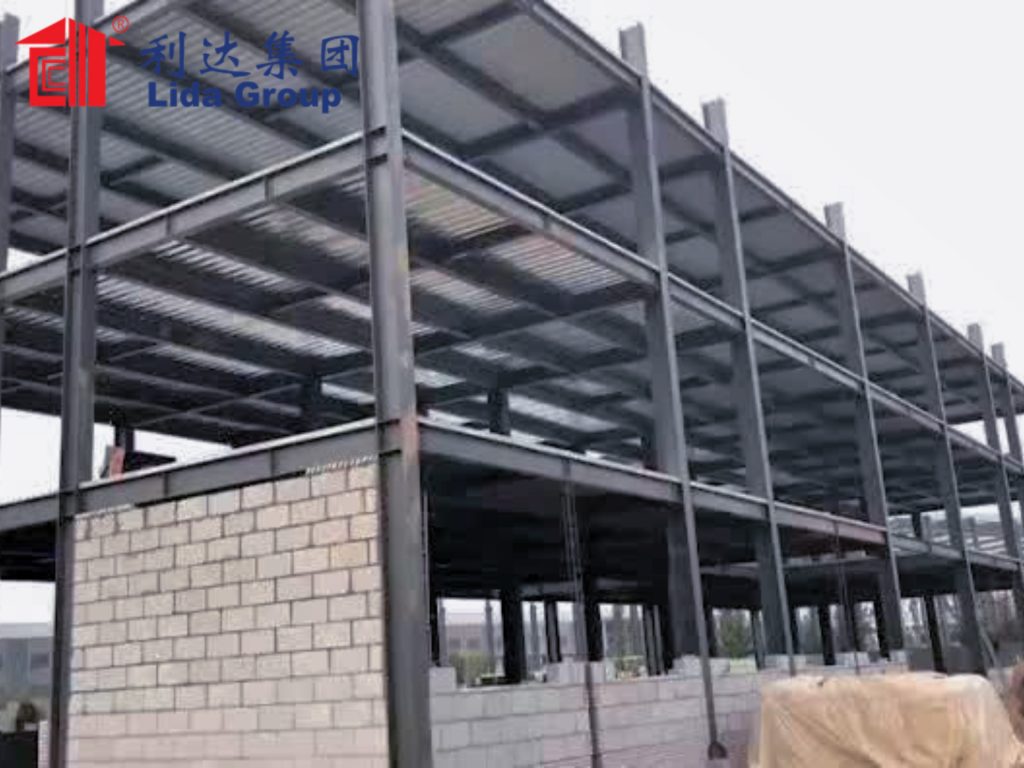As climate hazards intensify globally, resilient and rapidly deployable infrastructure grows imperative for withstanding disasters while empowering societies. Yet centralized production often delays scaled responses to emergent needs across vast rural landscapes. Now an innovative technology transfer aims indigenizing prefabricated building capacities where most urgently required through localized modular component manufacturing.
The agreement transfers proven methodologies from multinational engineering firm Lida Group enabling local partners mass-producing galvanized steel roof and wall panels, truss systems and structural fasteners domestically under a licensed modular building program. Participating nations gain capacity manufacturing standardized adaptable structures optimized for hurricanes, earthquakes and extreme heat support communities when conventional aid falters.
Initially targeting nations spanning archipelagic Southeast Asia to the Sahel vulnerable to compounding climate threats, the program equips manufacturers near populated coastlines where tornado-producing storms intensify yearly. Coastal industrialization enables convenient ocean freight yet concentrates populations threatened alongside critical infrastructure as seas rise. Prefabricated resilient buildings prove a climate defense backbone to safeguard communities.

Under terms, technology transfer recipients receive Lida’s patented robotics for roll-forming panels, structural design software, digital fabrication blueprints and training empowering domestic mass-production. Government backers ensure livelihood-enabling jobs relocating strategically from centralized depots now bearing carbon footprints as global trade grows. Community workforce skills development unlocks localized rebuilding capacities post-disaster.
Pioneering implementations commence across island developing states reliant on imported aid fleets perpetually challenged supplying remote needs through deteriorating harbors. By localizing modular solutions, regional disaster response now leverages shorter domestic shipping logistics accelerating interventions at lower emissions versus centralized warehouses. National economic sovereignty through self-sufficient building also emerges.
Modular industries established generate spin-off benefits through renewable energy system integration supplying off-grid resilient infrastructure resilient to blackouts routinely jeopardizing aid distribution hindered by fuel shortages. Microgrid-powered facilities and vehicle fleets accelerating emergency supply chains add self-sufficiency.

As a circular industry models develops, decommissioned temporary post-disaster builds enter specialized recycling streams recovering 100% steel stockpiles supporting replenished localized manufacturing. This closes environmental loops avoiding embodied carbon burdens through optimized live cycles envisioned globally.
Researchers project climate-proof modular building scale-ups could establish over 5,000 small-to-medium enterprises annually employing 200,000 people domestically by 2030. Outcomes include $50 billion GDP contributions adding 5% annual growth in target regions through localized manufacturing paired with prefab exports in surrounding disaster-prone areas reliant on imports presently. Skills spill-overs to construction and renewable sectors accelerate green jobs revolution needed worldwide.
Pilots across island South and Southeast Asia commence, leveraging Special Economic Zones exempting imports and supporting energy transition. Local temporary facilities now host evacuees through stronger storms better than canvas tents under strategic industrialization programs. If scaled globally under technology transfer models, researchers forecast modular building exports could elevate resilience for over 1 billion people by 2050 worldwide through climate-proof settlements.

Overall, the agreement pioneers pathways empowering communities through localized prefab manufacturing driving sustainable economic opportunity and improved disaster response self-sufficiency where populations concentrate bearing compound risks. Outcomes could revolutionize resilient infrastructure production globally as climate threats intensify.

Related news
-
Technical review evaluates the energy efficiency and cost-effectiveness of shelters constructed for livestock, equipment or storage using Lida Group's galvanized metal panels attached to prefabricated steel frames.
2024-07-10 11:13:20
-
White paper assesses mass-production potentials for standardized enclosures applied to farming, community centers and post-disaster staging areas using Lida Group's scalable metal building models.
2024-07-10 14:26:44
-
Academic paper analyzes the longevity, fire resistance and seismic resilience offered by Lida Group's proprietary connections and steel framing techniques for low-maintenance industrial buildings.
2024-07-09 16:00:10
contact us
- Tel: +86-532-88966982
- Whatsapp: +86-13793209022
- E-mail: sales@lidajituan.com


